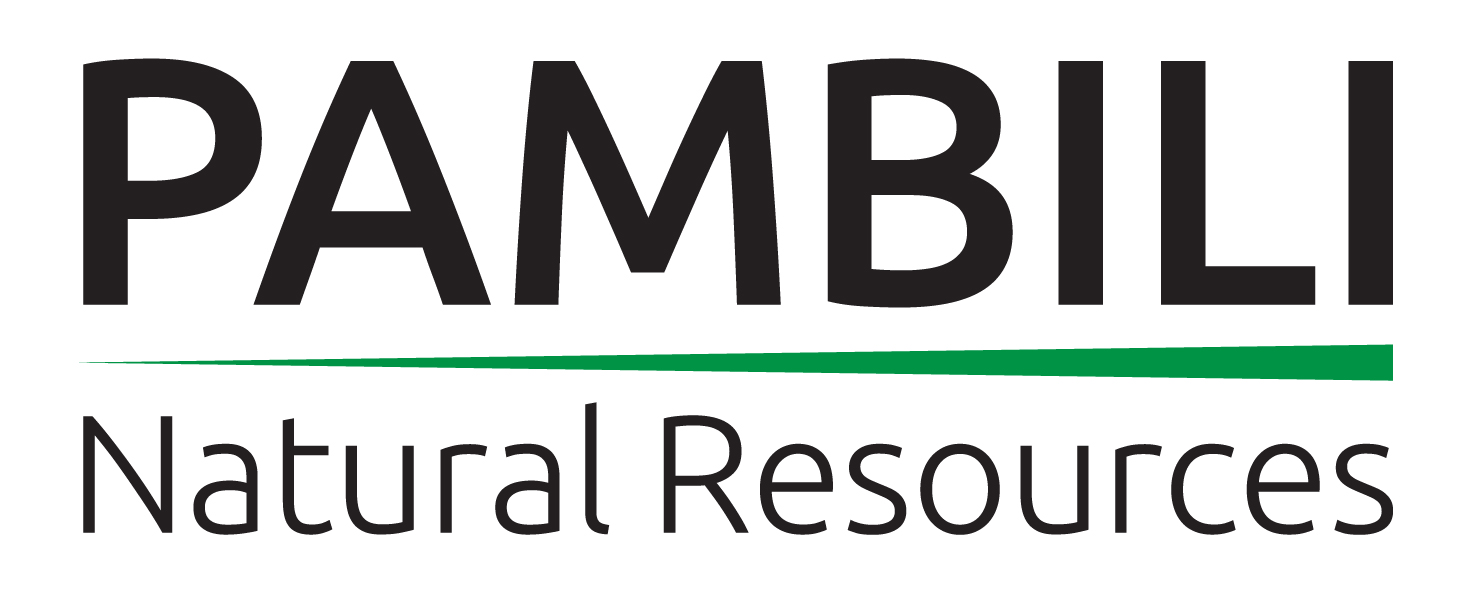Pambili Natural Resources Corporation, a Canada-based firm, has shifted its strategic focus to Zimbabwe’s gold mining sector, aiming to become a significant player in the country’s gold production.
By Ryan Chigoche
The company, traditionally involved in oil and gas operations in North America, is now prioritizing the expansion of its gold assets in Zimbabwe, where it owns the Golden Valley project in Matabeleland.
In a recent statement, Pambili confirmed the sale of its Canadian oil assets—including the Chinook oil wells, pipelines, surface leases, and the associated Asset Abandonment and Retirement Obligation (ARO) of CAD150,000 (approximately US$108,000)—to Chauvin Energy Inc.
Jon Harris, CEO of Pambili, explained the significance of this divestiture: “Selling the Chinook assets is a pivotal step, as it enables us to eliminate the ARO liability and focus our financial and management resources on gold production in Zimbabwe.”
The Chinook wells were shut down in March 2020 due to low natural gas prices resulting from the pandemic and increased operational costs. Since then, Pambili had carried an estimated ARO of CAD231,500 (roughly US$166,760).
Harris added,
“By removing the legacy oil and gas obligations from our portfolio, we can now direct our attention and resources toward becoming a leading gold producer in Zimbabwe. Our strategy is to acquire a diverse range of gold assets, both producing and near-producing and enhance output through modern mining and processing techniques.”
Recently, Pambili announced that it has successfully brought the gold production plant at its Golden Valley Mine back online. In November 2023, the company entered into a share purchase agreement with White Satin Investments (Private) Limited to acquire the Golden Valley project, a key step in its growth plans.
Additionally, Pambili has partnered with Kavango Resources plc, a London Stock Exchange-listed company focused on Southern African metals and exploration, to revive operations at Golden Valley.
Gold mining plays a crucial role in Zimbabwe’s economy, contributing over 75% of the nation’s export earnings. As the country’s largest single export, gold is expected to generate approximately US$4 billion in 2024, up from US$2.7 billion in 2018.
In 2022, Zimbabwe produced a record 35.3 tonnes of gold, but output fell to 30.1 tonnes in 2023 due to various challenges faced by small-scale miners, such as power shortages and other operational difficulties. In response, the government has pledged to support the sector, setting a gold production target of 35 tonnes for 2024.
One notable policy change is the government’s recent decision to remove the 15% Value Added Tax (VAT) on gold deliveries, as outlined in Statutory Instrument (SI) 105 of 2024. This move followed a series of consultations with industry stakeholders.
According to official data from Fidelity Gold Refinery (FGR), Zimbabwe’s exclusive buyer of gold, the country’s gold output increased by 33% in the third quarter of 2024, reaching 10.3 tonnes, compared to 7.7 tonnes in the previous quarter. For the first nine months of the year, gold deliveries rose by 7.2%, reaching 24.1 tonnes, up from 22.4 tonnes during the same period in 2023.





